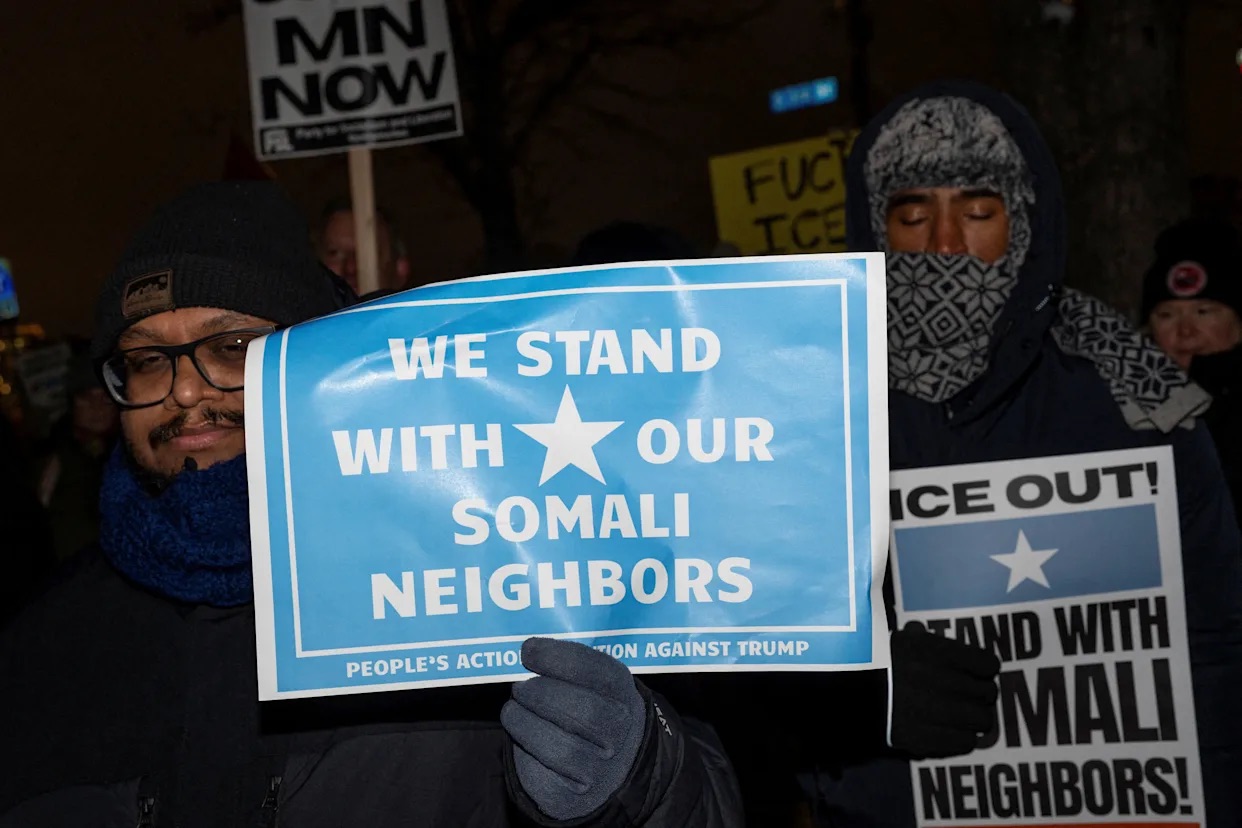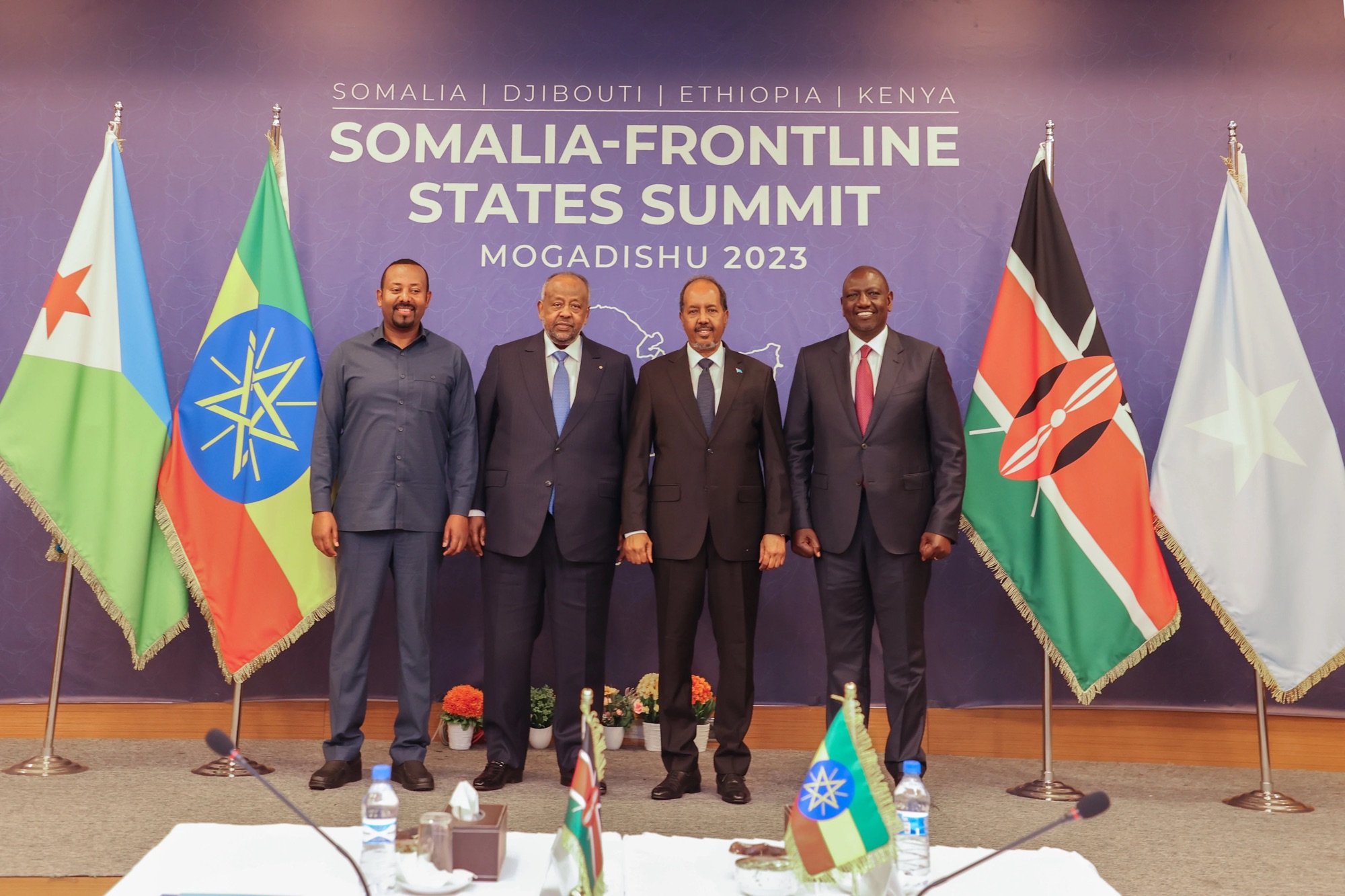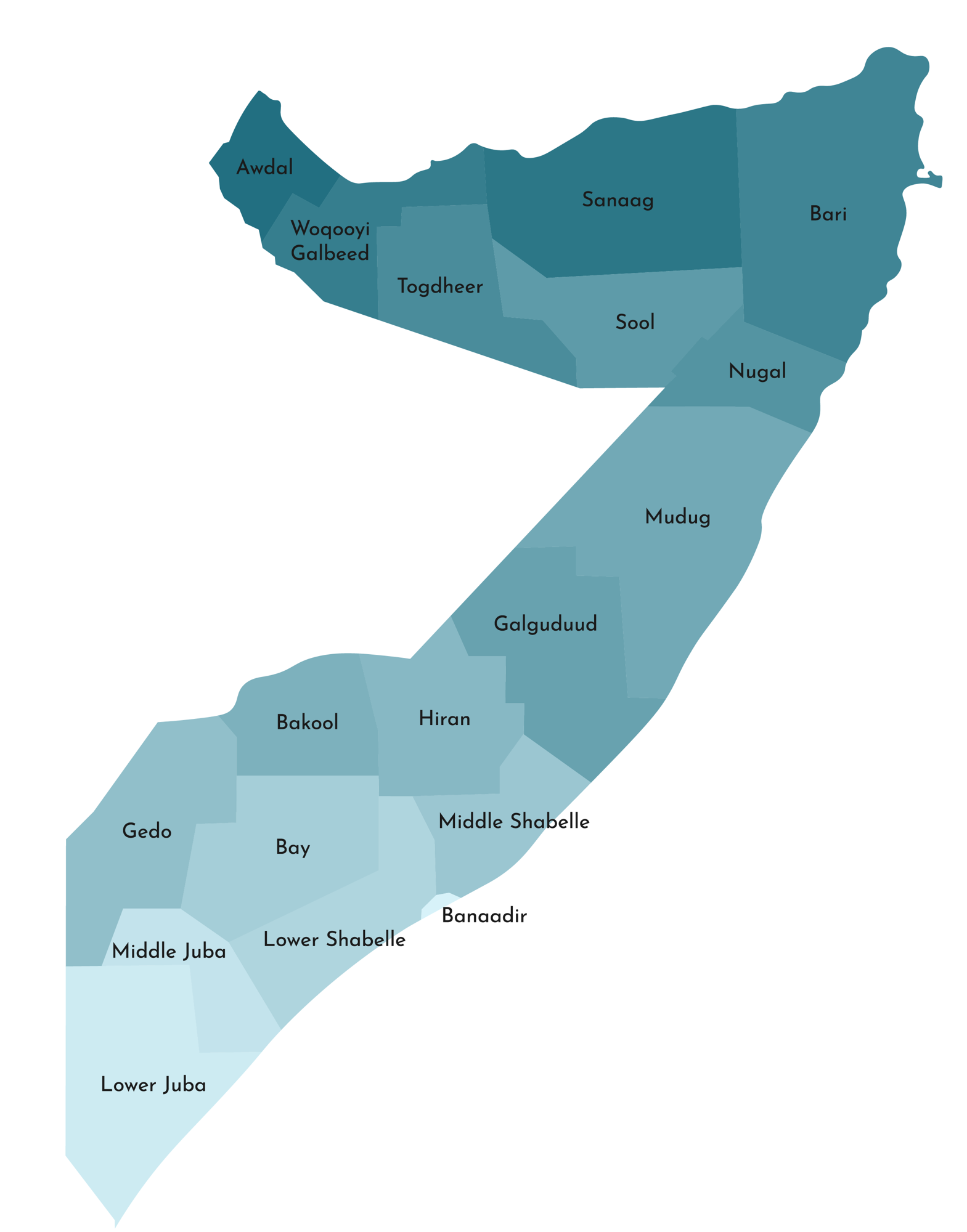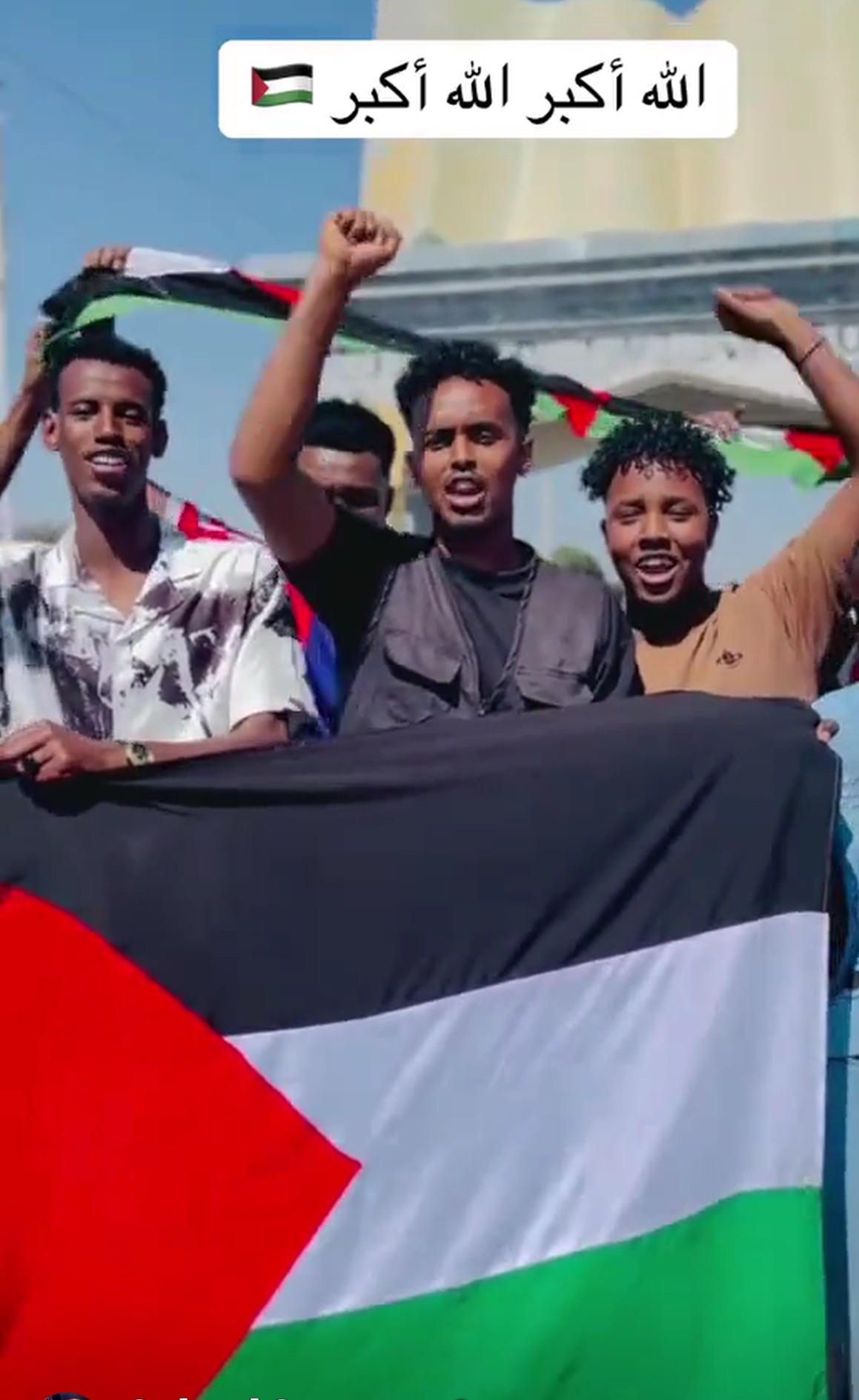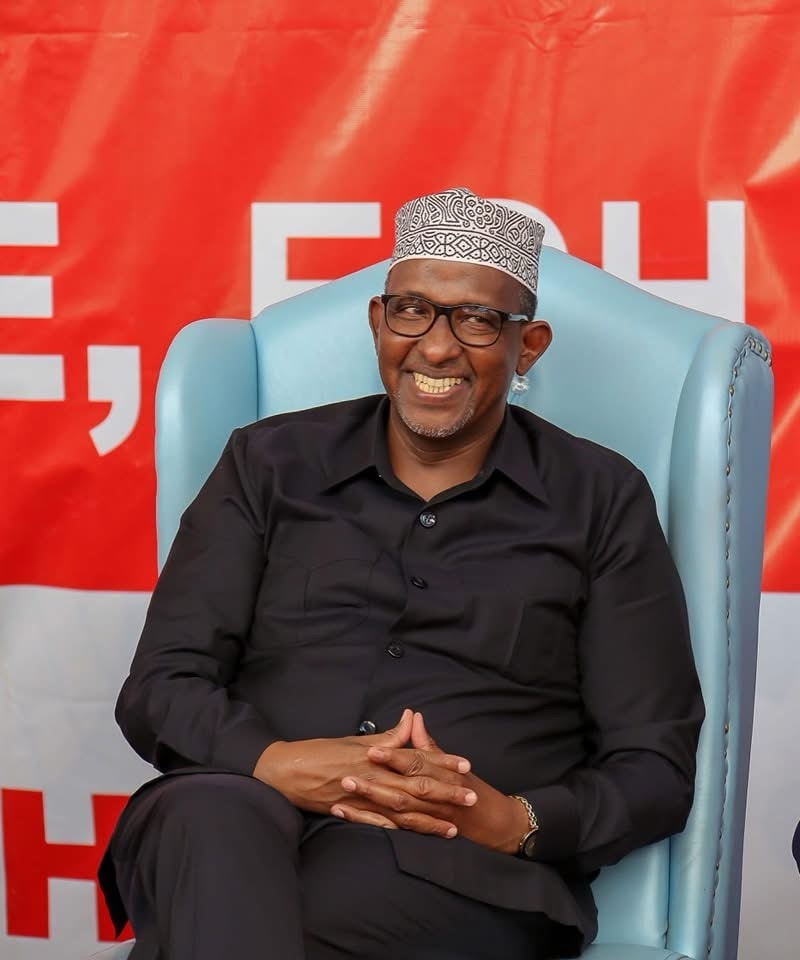
Somali Kenyans are among the most marginalized communities in the country, despite occupying a vast landmass and having three counties—Garissa, Wajir, and Mandera—under their administration. Even with their deep-rooted presence in Kenya, they are often treated as second-class citizens, viewed as outsiders by other communities.
The North Eastern and eastern regions of Kenya, where Somalis predominantly reside, have long suffered from neglect. Basic infrastructure such as roads and bridges is either poorly developed or nonexistent. Access to clean water and sanitation remains a struggle, while electricity supply is unstable. The education sector in these areas is the least developed in the country, with schools facing a persistent shortage of teachers. Even when students manage to overcome these challenges, their exam results are frequently under-marked, and a staggering 70% of students are failed, raising serious concerns about discrimination in the system.
Security forces, including the police and Kenya Defence Forces (KDF), have repeatedly been accused of harassment, torture, and targeted mistreatment of Somali communities. Meanwhile, acquiring a national ID card—an essential document for any Kenyan citizen—is a frustrating and near-impossible task for many Somali Kenyans. The process is riddled with endless bureaucracy and systemic obstacles, making it feel like an intentional effort to disenfranchise the community.
This discrimination largely stems from the historical relationship between Somali Kenyans and the Republic of Somalia. However, Somali Kenyans are just as Kenyan as any other community and have made significant contributions to the country’s economic and social fabric. They are key players in various sectors, particularly in business, where they have established thriving enterprises across the nation—though often with envy and resentment from some quarters.
Somali Kenyans have the same rights as all other citizens, as enshrined in the Constitution. Any attempt to sideline or marginalize them should not and will not go unchallenged. Kenya is a diverse nation, and every community deserves to be treated with fairness, dignity, and respect. The country’s progress depends on embracing inclusivity, ensuring equal opportunities for all, and upholding the principles of justice.
The question remains: When will the systemic marginalization of Somali Kenyans end? It is time for the government and society to recognize their rightful place in the nation and grant them the full citizenship they already legally possess. Equal rights are not a privilege—they are a guarantee for all Kenyans.
